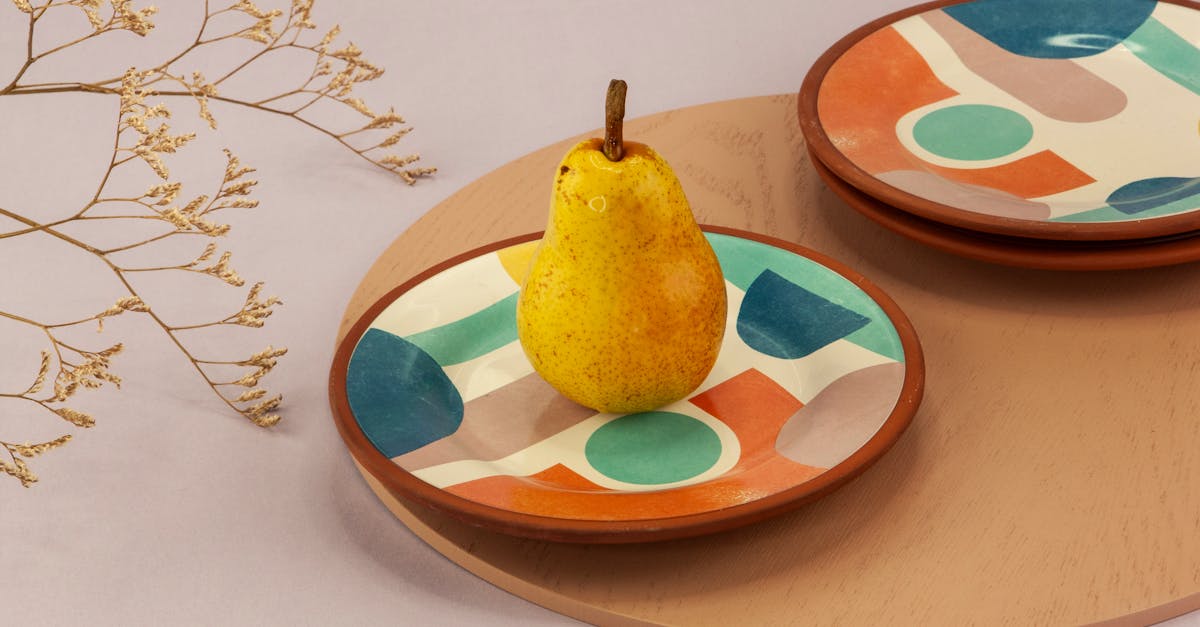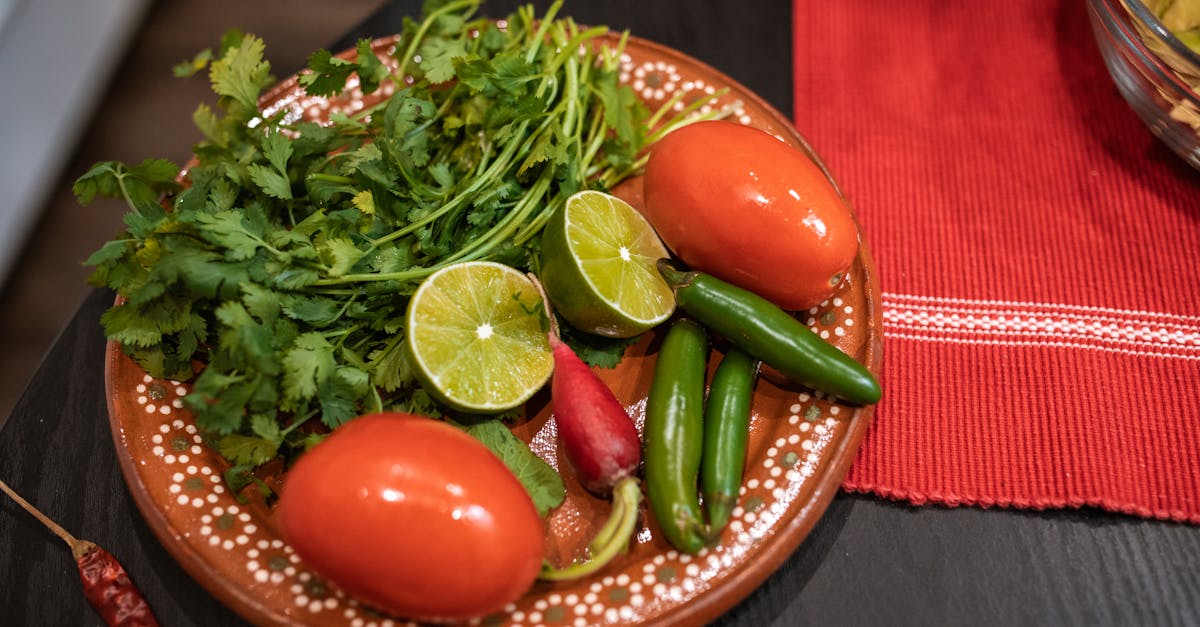The Basics of Toddler Nutrition
Toddlers are like tiny food critics with ever-changing tastes. Understanding their nutritional needs can feel like solving a complex puzzle. At this age, they need a variety of nutrients to support their rapid growth and development. Key nutrients include proteins for muscle growth, calcium for strong bones, and healthy fats for brain development. A colorful plate with fruits, veggies, grains, dairy, and proteins works wonders. Imagine a rainbow on your child’s plate! And remember, patience is your best ally.

Deciphering Picky Eating
If your toddler turns into a food snob, deciding they hate everything except one food item, don’t stress. This is a common phase known as picky eating. Toddlers have tiny tummies and big opinions. Offer small portions of new foods alongside their favorites, and avoid making mealtime a battleground. Celebrate small victories with new foods, and who knows? Maybe carrots will become the next big hit. Trust the process, and your child will eventually grow out of this phase.
Navigating Food Allergies
Food allergies can be daunting, but they are manageable with the right strategies. Introduce new foods one at a time and monitor for any reactions. Keep a food diary to track any triggers and consult your pediatrician if you suspect an allergy. Being prepared with alternatives ensures that your toddler gets a balanced diet without missing essential nutrients. And yes, there are delicious and allergy-friendly recipes that your little one will love!

The Importance of Hydration
Water is essential for your toddler’s overall health. It aids digestion, helps nutrient absorption, and keeps those tiny bodies hydrated. Encourage water throughout the day, especially during playtime. Avoid sugary drinks; they can cause more harm than good. If plain water doesn’t appeal to your toddler, infuse it with fruits like strawberries or mint for a fun twist.
Picture this: a sippy cup with colorful floating fruits – enticing, isn’t it?

Creating Balanced Meals
Creating balanced meals doesn’t have to be complicated. Divide your toddler’s plate into sections: half for fruits and veggies, a quarter for proteins, and a quarter for grains. Think of it as a fun art project! Use cookie cutters for fun shapes and colorful foods to catch their eye.
Remember, variety is the spice of life! Introduce different textures and flavors to excite their taste buds. Plus, meal planning saves you time and stress on busy days.

Handling Emotional Mealtime Challenges
Mealtimes can sometimes become a battlefield of wills. Toddlers are in a phase of asserting independence, which can lead to emotional outbursts. To handle these challenges effectively, consider the following strategies:
- Keep the atmosphere relaxed and positive.
- Share stories or play gentle music during meals to create a pleasant environment.
- Make mealtime a family affair where everyone sits together.
- Establish a routine to help toddlers know what to expect.
- If a meltdown does happen, stay calm; it’s just a small bump in the road.

By incorporating these tips, you can navigate through emotional mealtime challenges with greater ease and foster a positive mealtime experience for everyone involved.
